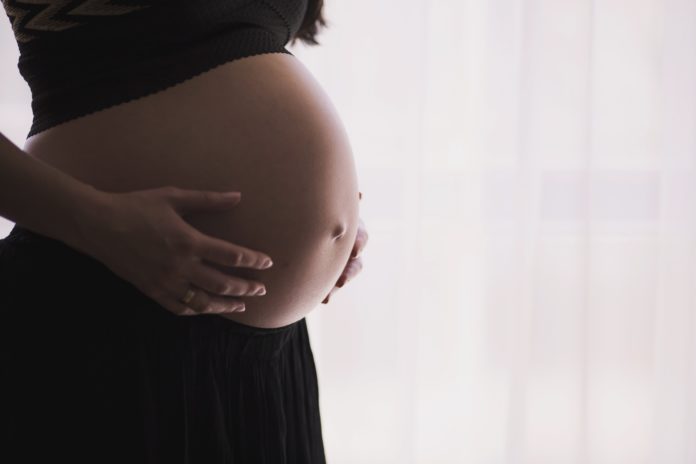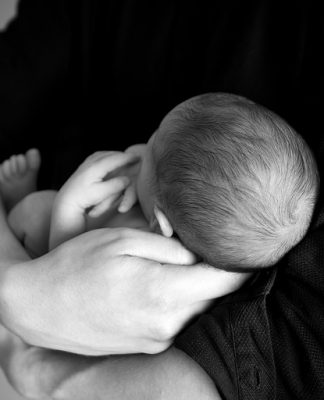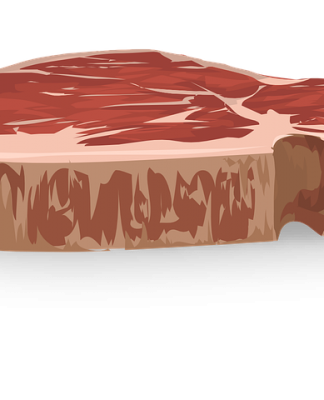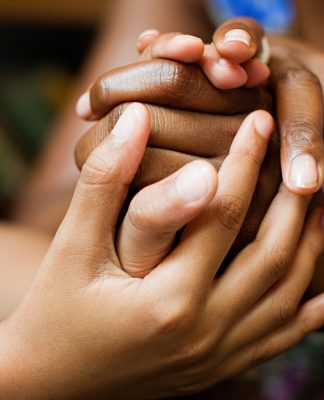1. Pregnancy and new motherhood are a glowing time.
2. Having a birth plan determines the way labor and delivery happens.
3. Only un-medicated vaginal births are good.
4. Good mothers (easily) breastfeed.
5. You can (and should) get your baby to sleep through the night. This should happen at a certain point (6 months, 9 months, 1 year…)
6. You will be mostly the same person, with a few accouterments like a diaper bag, after having a baby.
7. You will and should feel sexy and available to your partner postpartum.
8. Superwoman (aka Supermom) lives and the feminist revolution has made all things possible for women to do alone.
9. Other mothers have it much more together than you do.
10. Having a child will create a happy family/marriage/partnership.
11. Good mothers stay at home (or work outside the home, or work partly inside the home and partly outside the home).
12. Motherhood will make you happy/fulfilled.
13. Only poor, mentally ill, single, or uncaring mothers get depressed. If you have Postpartum Depression, you are a “bad mom.”
14. Postpartum Depression is not that serious and does not require treatment.
15. Postpartum Depression is uncommon and rare.
16. If you still have a baby bump post-partum, it’s because you don’t work out enough or are overeating or both.
17. Eating disorders, depression, and anxiety do not happen during pregnancy, due to the “protective factor” of the baby.
18. Being a certain weight will resolve complex life difficulties and transitions.
19. Magazines and doctors charts show how much you should weigh/what is “normal;” there is a “right” food and exercise plan to follow during pregnancy and postpartum; and if you do this “right” you will feel happy and your body will be perfect (or at least acceptable).
20. Looking good is the same as feeling good.
Some of the truths:
Becoming a new mom as well as recovering from disordered eating, depression, anxiety, or body image challenges are complex processes that often involve grief. If you struggle with believing any of the above named lies, I support you in challenging with fierce (toward the lies) and unrelenting compassion (toward yourself).
You will not be the same person anymore in becoming a mother. Nor will you be the same person during and after recovering from an eating disorder, anxiety, or depression. Motherhood and recovery change you, in profound ways you can’t imagine ahead of time. Give yourself at least as much patience, kindness, time, and commitment as you do a new baby in your recovery and new motherhood process.
Recovery is possible. You do not have to suffer alone.
———————–
2 In the United States, 20 million women suffer from a clinically significant eating disorder at some time in their life, including anorexia nervosa, bulimia nervosa, binge eating disorder, or EDNOS (Wade, Keski-Rahkonen, & Hudson, 2011).


 Linda Shanti McCabe, Psy.D., holds a doctorate in Clinical Psychology and is a Licensed Clinical Psychologist in the state of California. She has worked with women recovering from disordered eating, depression, anxiety, and "new mommy boot camp" since 1999. She has a private practice in San Francisco. You can read more about her work on www.DrLindaShanti.com or her blog at www.Recoverymama.com
Linda Shanti McCabe, Psy.D., holds a doctorate in Clinical Psychology and is a Licensed Clinical Psychologist in the state of California. She has worked with women recovering from disordered eating, depression, anxiety, and "new mommy boot camp" since 1999. She has a private practice in San Francisco. You can read more about her work on www.DrLindaShanti.com or her blog at www.Recoverymama.com





















